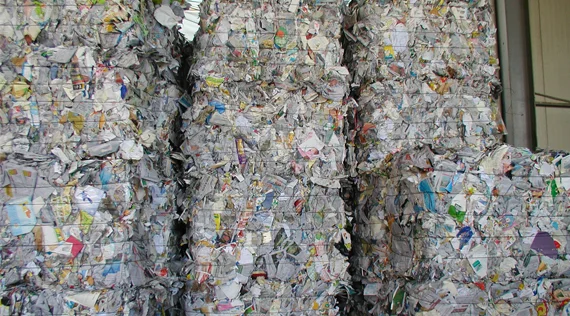
SEATTLE (Scrap Monster): A recent article by Nature Journal highlights the importance of collaboration between industry and academia in order to effectively curb the threats of rising plastic pollution, which has emerged as a major threat to the global environment.
According to the report, over 95% of plastics are manufactured using fossil fuels. In 2019 alone, the carbon footprint of plastic production had touched 1.8 billion tons of carbon dioxide, thus accounting for approximately 3.7% of global greenhouse gas (GHG) emissions. Surprisingly, single-use plastics constitute over 50% of the total plastic production. As per estimates around 353 million tonnes of plastic waste were generated during the year, out of which only 9% were responsibly recycled, with the remaining incinerated, landfilled or mismanaged.
The global plastics production is predicted to nearly triple from around 460 million tonnes in 2019 to about 1,230 million tonnes in 2060. Although separate efforts by researchers in academia and industry are underway, the progress has been slow. In order to find faster solutions, the academic and industrial groups need to collaborate. The shift from a linear economy to a circular economy will also help to solve the global plastics problem, the article said.
YOU MAY ALSO BE INTERESTED IN:
Health Concerns Linked to Plastic Pollution are Underestimated: New Study



| Copper Scrap View All | |
| Alternator | 0.42 (0.01) |
| #1 Copper Bare Bright | 4.45 (0.17) |
| Aluminum Scrap View All | |
| 356 Aluminum Wheels (Clean) | 0.81 (0.01) |
| 6061 Extrusions | 0.71 (0.01) |
| Steel Scrap View All | |
| #1 Bundle | 360.00 (0) |
| #1 Busheling | 380.00 (0) |
| Electronics Scrap View All | |